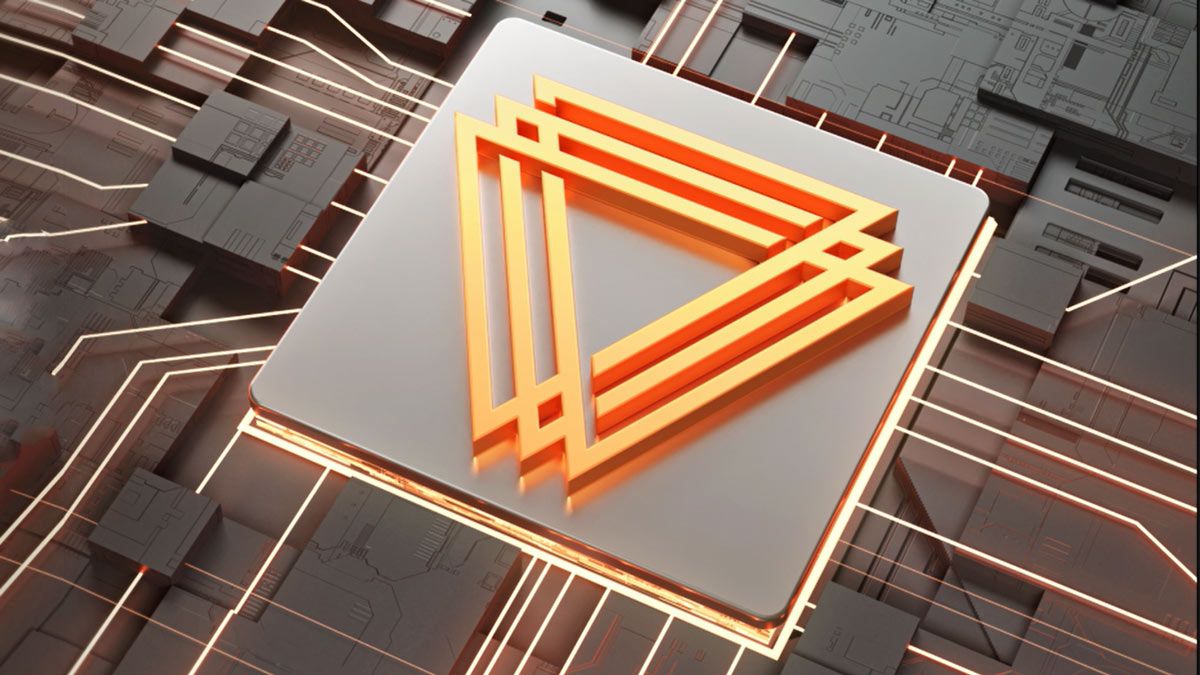While anime remakes and manga adaptations, along with the occasional original project, continue to dominate the medium, a quieter trend has begun to emerge: the adaptation of Western novels. The latest addition to this movement is Scott Westerfeld’s 2009 steampunk historical fiction novel, Leviathan, reimagined as a 3DCG anime by Studio Orange in partnership with Qubic Pictures of Star Wars: Visions fame. Though the 12-episode anime doesn’t quite recapture the visual splendor of the studio’s earlier landmarks, its deft political narrative, confident scripting, and stirring score carry it through as a prescient and worthwhile adaptation.
Set in an alternate history of World War I, Leviathan’s backdrop includes the added intersection of steampunk warfare and speculative sci-fi. The background tapestry of the anime features an additional conflict between “Darwinists”—nations that wield genetically engineered beasts, such as jellyfish airships and living whale zeppelins—and “Clankers,” industrial superpowers relying on giant mechs and futuristic machines to wage war.
One half of the heart of Leviathan is Alek, a fugitive prince and heir to the Austro-Hungarian throne, thrust into political exile alongside his tutors following the assassination of his father—an event that serves as the flashpoint for the global war. Naïve but well-meaning, Alek must navigate the space between royal nobility and survival under the guidance of his contrasting mentorships’ tug-of-war rearing him toward warm charitability and cold pragmatism. As Europe ignites behind him, Alek travels, concealing his identity while struggling to reconcile the weight of his lineage with his inexperience with the world.
The other half of Leviathan‘s beating heart is Deryn Sharp, a headstrong Scottish girl who pretends to be a boy so she can enlist in the British air service—not out of patriotic duty, but in pursuit of the freedom to fly the skies in a world that otherwise would deny her that liberty. When their paths converge aboard the living whale airship of the HMS Leviathan, the unlikely duo embark on a coming-of-age odyssey, deepening their bond and challenging the boundaries of their friendship-turned-Mulan-esque romance as they pursue their shared desire to take control of their destinies. Leviathan‘s story beautifully explores the chemistry between its characters, capturing the essence of an ensemble-driven storytelling reminiscent of series like Avatar: The Last Airbender. However, its narrative is rooted in steampunk grit rather than spiritual mysticism, and it takes some time for the show to gain its momentum.
Visually, however, the series lands in a curious middle ground, where it’s competent but far from arresting. Studio Orange, while no stranger to excellent CG animation with shows like The Land of the Lustrous, Beastars, and Trigun Stampede, feels unusually restrained. Leviathan feels like Orange is coloring within the lines of its source material rather than pushing against its borders. The mech and creature designs are impressively detailed on a static level, but in motion, the animation often feels hemmed in. As a result, these technical limitations make Leviathan feel like it was brought to life by video game cutscene logic that occasionally has to tighten its belt to make the magic happen rather than a fully realized, kinetic spectacle.
Ironically, the most consistently striking visuals in Leviathan aren’t found within its episodes but in its watercolor-style ending credits. These closing sequences showcase concept art of key moments from its concluded episodes with such vivid color, spatial depth, and expressive character work that they feel like glimpses into a more dynamic version of the show where every frame bursts with energy that its episodes only seem to hint at in retrospect. As if shooting itself in the foot, Leviathan’s end credits are a bittersweet flourish that, while intended to highlight the wonder of how its anime brought its storyboards to life, underscores the pang of what could’ve been.
Despite its visual shortcomings, Leviathan‘s production has notable successes. Chief among them is the quietly luminous opening and ending theme composed by the legendary Joe Hisaishi (known for works like Spirited Away and Castle in the Sky), along with a score by Nobuko Toda and Kazuma Jinnouchi (who have worked on Suzume, Ghost in the Shell SAC_2045, and Metal Gear Solid 4). Hisaishi’s musical contributions, in particular, elevate the series with a delicate emotional resonance. His music enriches even the simplest scenes with unexpected depth and enhances battles with powerful acclaim. Notably, his opening theme, “Paths Combine,” serves both as an overture and a musical promise, suggesting that although the show’s animation may occasionally falter, its storytelling will remain strong off the muscle of Hisaishi’s orchestration.
While Leviathan leans on the literary strength of its source material, its narrative doesn’t necessarily reinvent the wheel of sprawling historical fiction. Familiar story beats like double crosses, tragic losses, and a slow unfurling romance are all telegraphed well in advance. Yet the series finds its footing in how its characters respond to these turns with surprising intelligence and emotional sincerity, keeping things engaging. Even when it dips into dramatic irony territory—most notably as its leads keep secrets from one another—Leviathan doesn’t string viewers along beyond reason. Instead, it grants each development an emotional payoff that makes even the most predictable arcs along Alek and Deryn’s sprawling journey feel emotionally earned.
While Leviathan may not reach the soaring heights of its titular sky whale, it maintains a steady altitude through earnest storytelling and immersive worldbuilding. In a genre often overrun by bombastic spectacle or overwrought melodrama, the series offers something quieter but no less resonant—a contemplative tale of identity, duty, and self-determination in a world bracing for collapse. What elevates it isn’t just its ambition, but its willingness to admit uncertainty—a story that understands it doesn’t need all the answers to be worth the journey.
Whether you’re a history buff drawn to a whimsical remix of WWI or a younger viewer discovering that those who shape history aren’t always the ones etched into it, Leviathan offers a digestible and reflective tale that challenges the notion that power alone defines right and embraces a narrative fueled by empathy and self-determination in its stead. While imperfect, Leviathan is a heartfelt series that rises above its visual shortcomings through strong writing, a resonant thematic core, and the compelling bond between its leads, determined to forge a different path from the one laid before them by their predecessors.
Leviathan premieres on Netflix July 10.
Want more io9 news? Check out when to expect the latest Marvel, Star Wars, and Star Trek releases, what’s next for the DC Universe on film and TV, and everything you need to know about the future of Doctor Who.

























 English (US) ·
English (US) ·